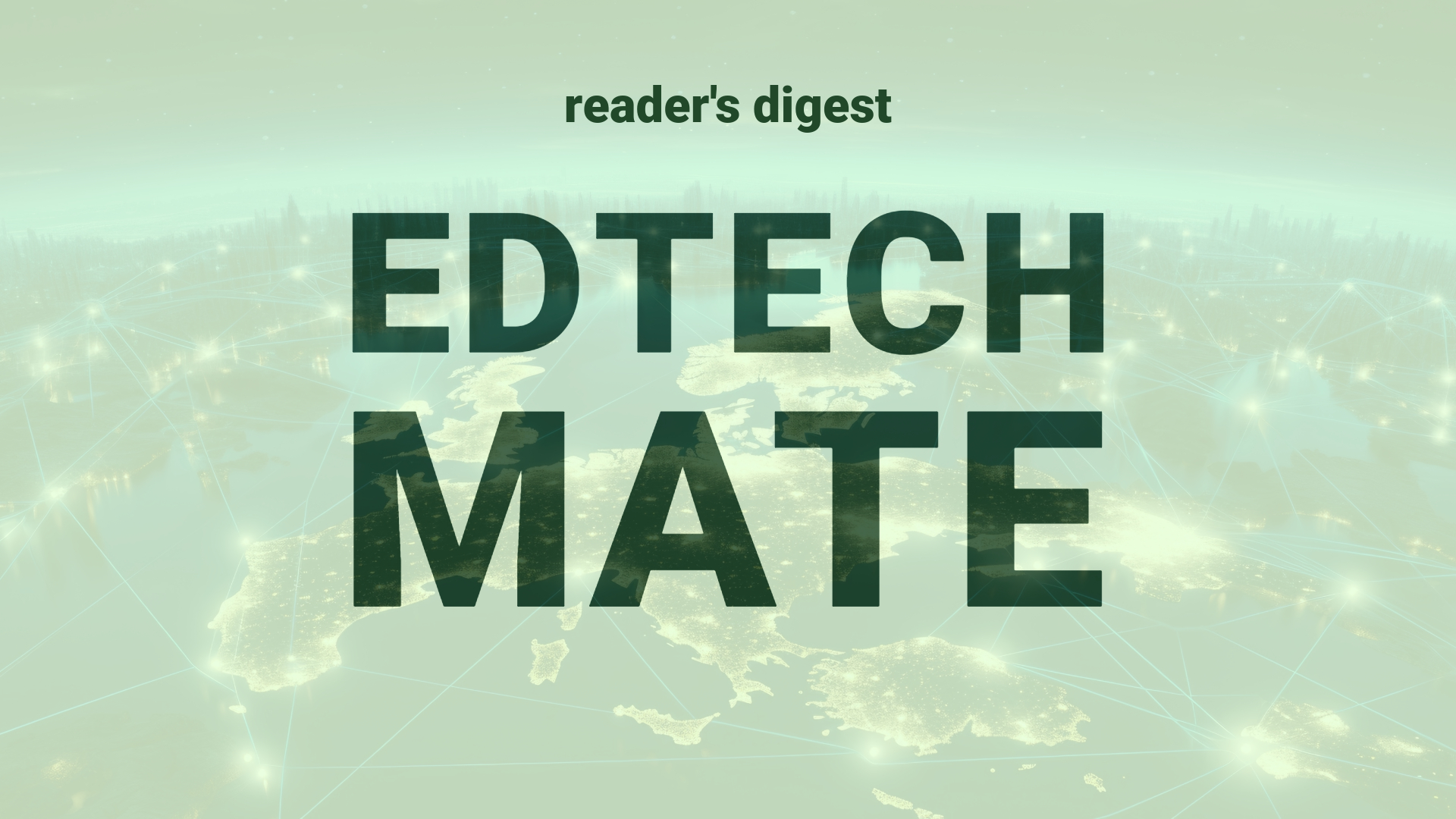Executive Summary and Main Points
The digital transformation within global organizations is being revolutionized by generative artificial intelligence (AI), offering unparalleled efficiency, creativity, and decision-making capabilities. A significant driver in this revolution is the maintenance of data sovereignty, deemed non-negotiable amidst these advancements. Locally implemented solutions allow organizations to harness the full potential of AI and Large Language Models (LLMs) without compromise to data security or regulatory compliance. Fujitsu’s introduction of its proprietary solution, Private GPT, represents a key innovation designed for business environments. This enables companies to expedite workflow processes by creating custom LLM instances and safely leveraging their private data.
Potential Impact in the Education Sector
The advent of Private GPT could profoundly affect the education sector, particularly in Further Education, Higher Education, and the realm of Micro-credentials. For these educational fields, embracing such AI solutions allows for the creation of custom educational models that safeguard data privacy while enhancing learning and administrative processes. The strategic implementation of Private GPT could serve as a cornerstone for partnerships between educational institutions and technology providers, fostering an ecosystem that prioritizes both innovation and security.
Potential Applicability in the Education Sector
Within the global education systems, Private GPT can offer a myriad of applications through AI and digital tools. Institutions could leverage custom LLMs for personalized learning experiences, language translation for multi-lingual education, or tailored content creation that reflects the cultural and ethical context of the institution. The use of local data to inform these models also ensures that they are not only relevant and precise but also remain within the institution’s data governance framework.
Criticism and Potential Shortfalls
Despite the potential benefits, Private GPT’s introduction into the education sector is not without possible downsides. Concerns about reinforcing existing biases, lack of transparency in AI decision-making, and the technological divide between institutions with varying resources must be addressed. Comparative international case studies show that the integration of AI in education systems requires careful consideration of these ethical and cultural implications to avoid exacerbating educational inequalities.
Actionable Recommendations
To effectively implement technologies like Private GPT within academia, institutions should pursue a phased approach. Initial pilot programs can help institutions understand the technology’s impact, followed by scalable deployment encompassing diverse educational contexts. Collaboration with technology partners can facilitate knowledge transfer, ensuring that educators and administrative staff are proficient in the ethical use of AI tools. Furthermore, international education leadership could establish policies that regulate data handling and facilitate cross-border academic collaboration while respecting data sovereignty.
Source article: https://www.cio.com/article/2513770/fujitsu-apuesta-por-la-soberania-de-datos-con-su-solucion-gpt-privada.html

